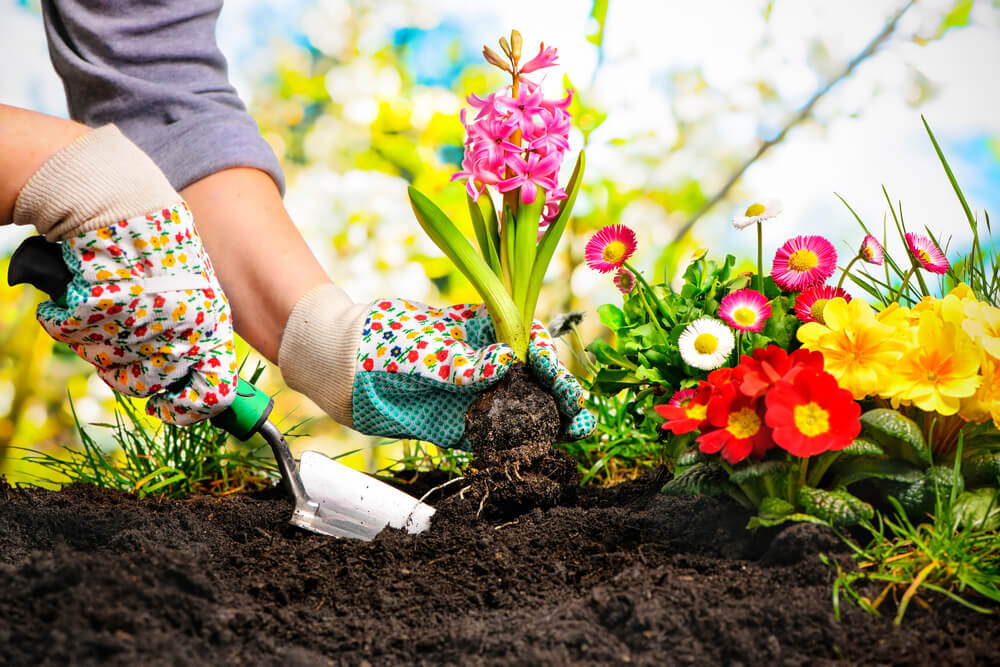
Are you a beginner gardener finding yourself making common gardening mistakes?
Are you unsure how to fix these mistakes? Or even how to prevent them?
If you answered yes, you’re not alone! Every Gardener makes mistakes!
But how do you avoid making these mistakes again?
After research & working with garden experts, I have created the 25 Most Common Gardening Mistakes & How to Avoid Them!
25 Most Common Gardening Mistakes
1. Watering Wrong
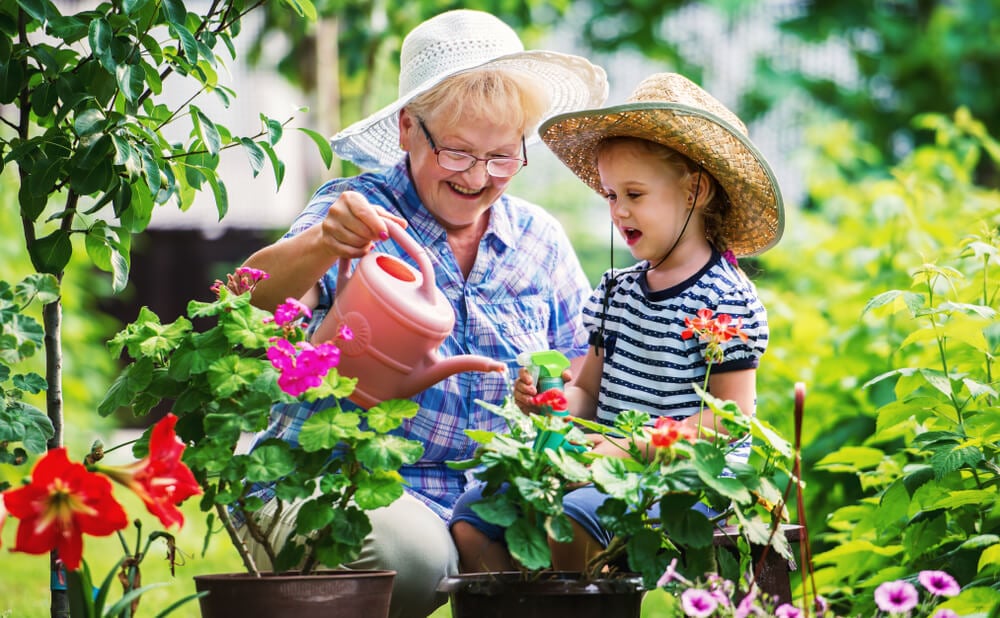
One of the most common mistakes a beginner makes is watering their plants wrong.
Most gardeners either water their actual plants the wrong way or wrong time of the day.
This can prevent flower and fruit growth and even cause plant death in extreme situations.
How to Avoid This Problem
Always water your garden and plants first thing in the morning or after the sun begins to set.
Watering in the middle of the day will cause the most water to evaporate and potentially will “burn” your plants causing long-term damage.
Also, never water the leaves of your plants.
Always water the ground where your plant meets the soil. This will ensure your plant gets all the water it needs.
- Related: 101 Gardening Tips for ALL Gardeners
2. Planting in the Shade
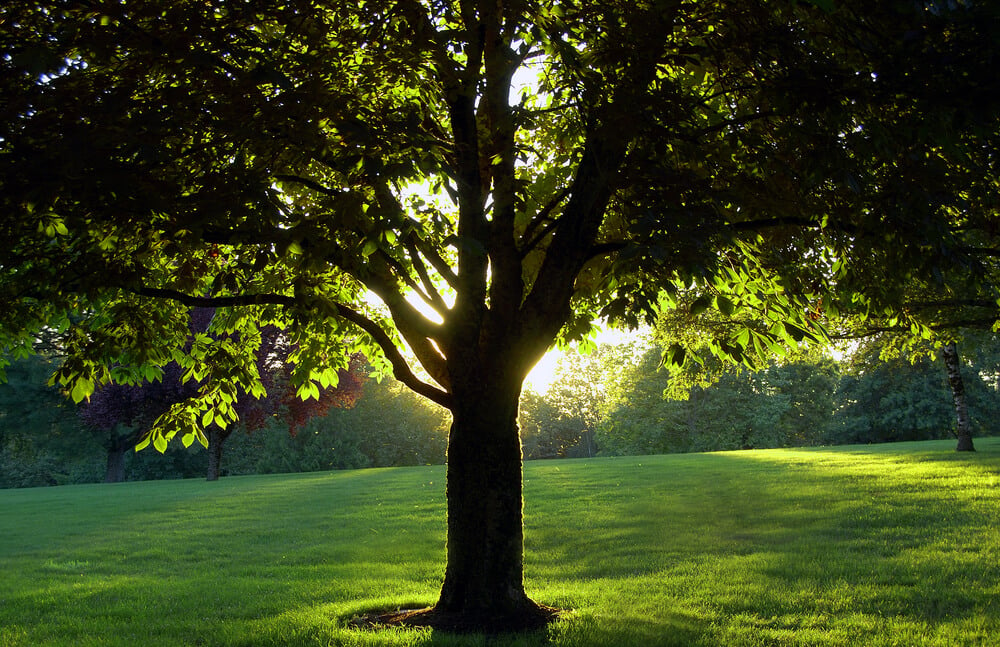
Another common gardening mistake is planting your garden in a shaded area.
This typically happens with beginner gardeners who are unaware of the sunlight needs of their plants.
How to Avoid This Problem
Never plant your garden or plants under a large tree.
Most vegetable gardens, flowers, and fruits require at least 8 hours of sunlight and this will prevent it.
Also, make sure to research whether your plant requires full-sun, partial-sun, or all shade.
3. Digging in wet soil and clay
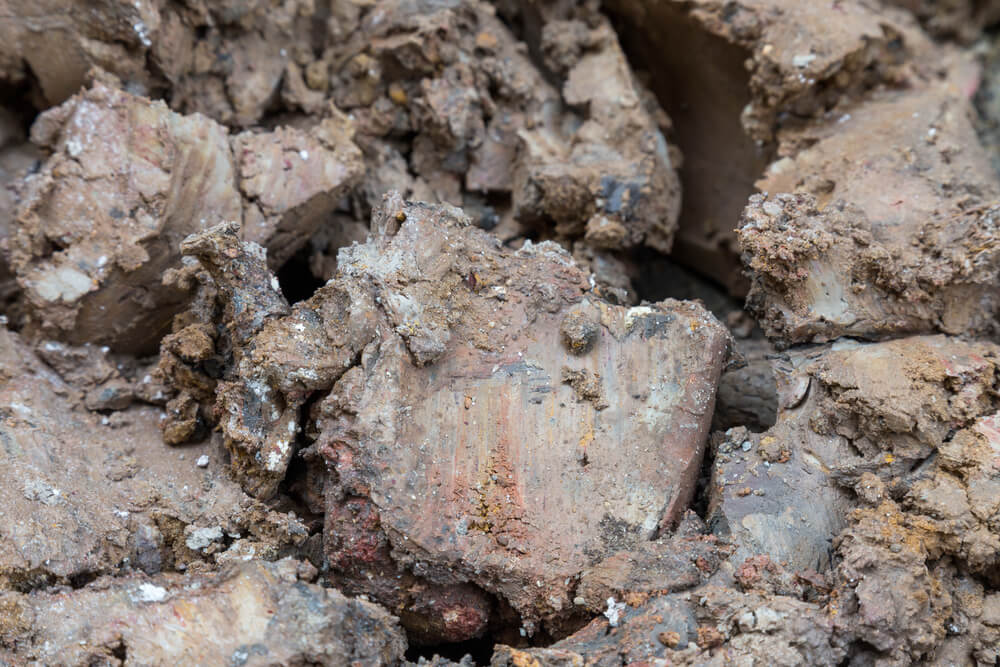
If you are like me, you want to plant your garden the first chance you get. Even if it means when the soil is wet.
This can cause quite a few problems for you and your garden.
Problems include:
- inability of your plants’ roots to spread
- inability for nutrients to reach your plants
- hardened soil causing your plants to die.
How to Avoid This Problem
Wait until your soil is dry.
You know your soil is dry when it dry to the touch, but also if it has a light brown color and easily breaks up in your hands.
4. Overwatering Indoor Plants
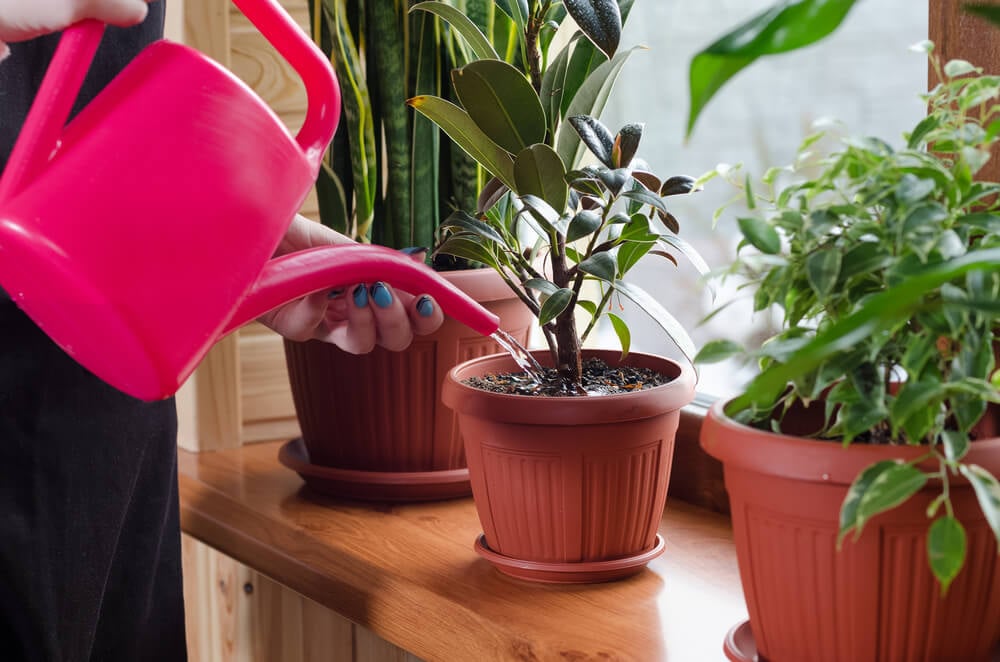
One of the most common gardening mistakes almost all beginner gardeners make is overwatering indoor plants.
One of the quickest ways to kill indoor plants like orchids is to overwater.
It only takes one or two times of overwatering to kill your indoor plants.
- Related: How to Care for Orchids
How to Avoid This Problem
For indoor house plants, it is better to water less than more. For most house plants like succulents, you should only water them once a week.
A sign that your plant needs watered is if the potting soil feels dry or if your plant begins to droop.
5. Poor Weeding
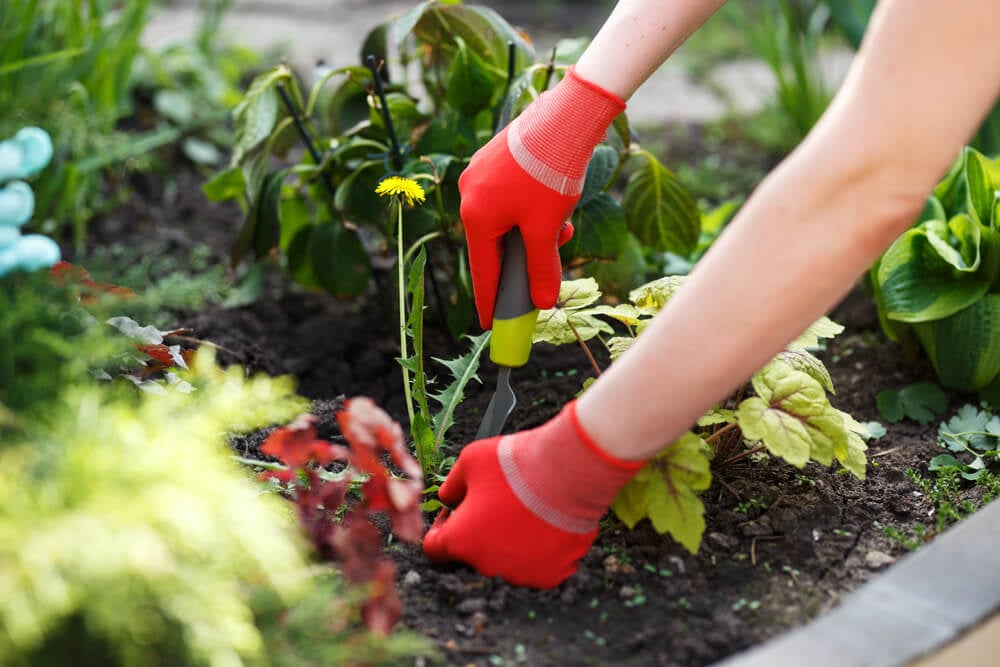
One of the most common gardening mistakes beginner gardeners make is not weeding.
Not weeding or poor weeding can lead to:
- Your garden not getting the nutrients it needs
- Plants being overgrown by weeds
- Plants potentially dying from toxic weeds.
How to Avoid This Problem
The number one way to avoid a weed problem in your garden is to weed early and often.
There are also numerous ways to prevent weeds. You can use a weed guard or you can use weed killers.
- Related: Best Garden Weed Killers
6. Improperly Fertilizing
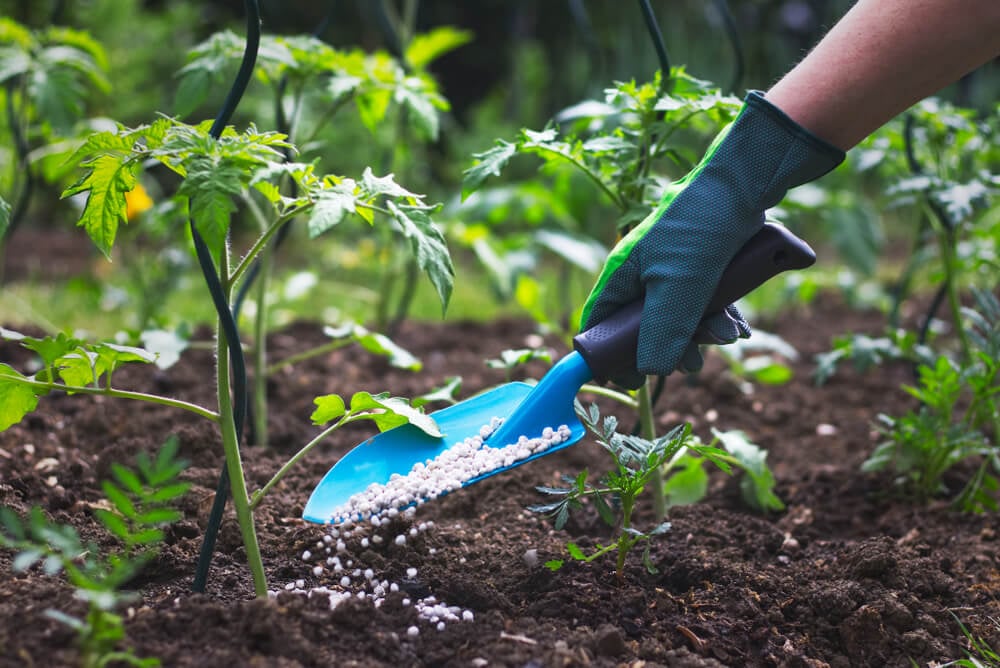
Fertilizing can be tricky. Most beginner gardeners want to fertilize their plants as soon they get them in the ground.
Other gardeners tend to never fertilize their plants because they are unsure what to use or how to use it.
Both of these mistakes can:
- cause long-term damage to your plants
- prevent flowers from blooming
- prevent fruit from growing.
How to Avoid This Problem
The best way to prevent this gardening mistake is to read the instructions that come with your plant and your fertilizer.
You will want to pay extra close attention to the N-P-K ratio that is needed for your specific plant.
It is also recommended to never fertilize your plant the first year it is in the ground.
And for most gardening plants you will typically fertilize them in the spring to early summer and never in the fall or winter.
- Related: Best Garden Fertilizers
7. Planting Too Early
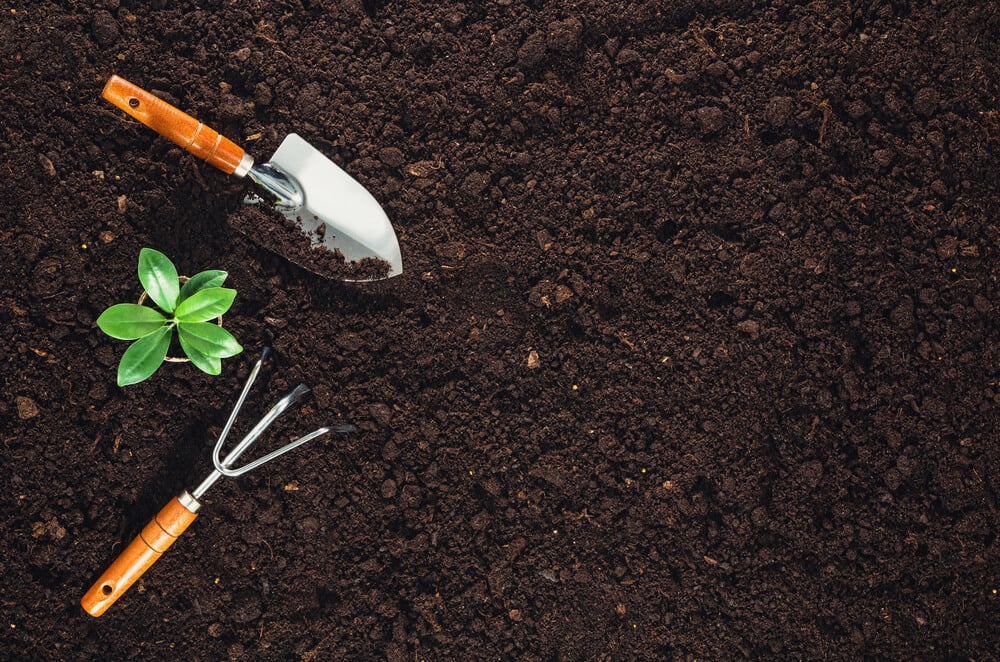
Another one of the most common gardening mistakes is putting your plants into the ground too early.
This can lead to:
- frost damaging or killing your plants
- plants not properly growing
- plants not bearing fruit.
How to Avoid This Problem
This mistake is one of the hardest ones to avoid because you never know when the last frost will be.
To minimize this I recommend finding your last frost date HERE and then planting your plants one to two weeks after.
8. Skimping on Soil
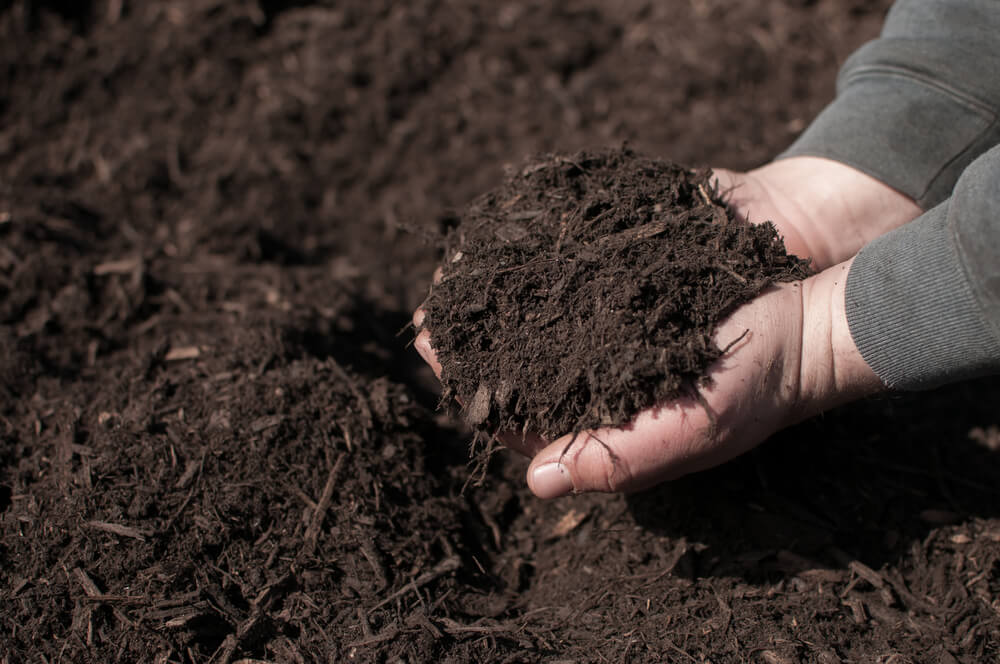
If you are like me when I first started gardening I never used soil. I just dug a hole, put my plant in, and backfilled it with the soil that I dug up.
This is a poor technique. It does not provide the proper nutrients that your plants need.
How to Avoid This Problem
The easiest way to avoid this beginner mistake is to first dig your hole, place your plant into the hole, and then backfill it.
For fruits, vegetables, and herbs you should use nutrient-rich garden soil.
For flowers, you should flower soil. And for berry bushes sphagnum moss is perfect.
9. Harvesting too late
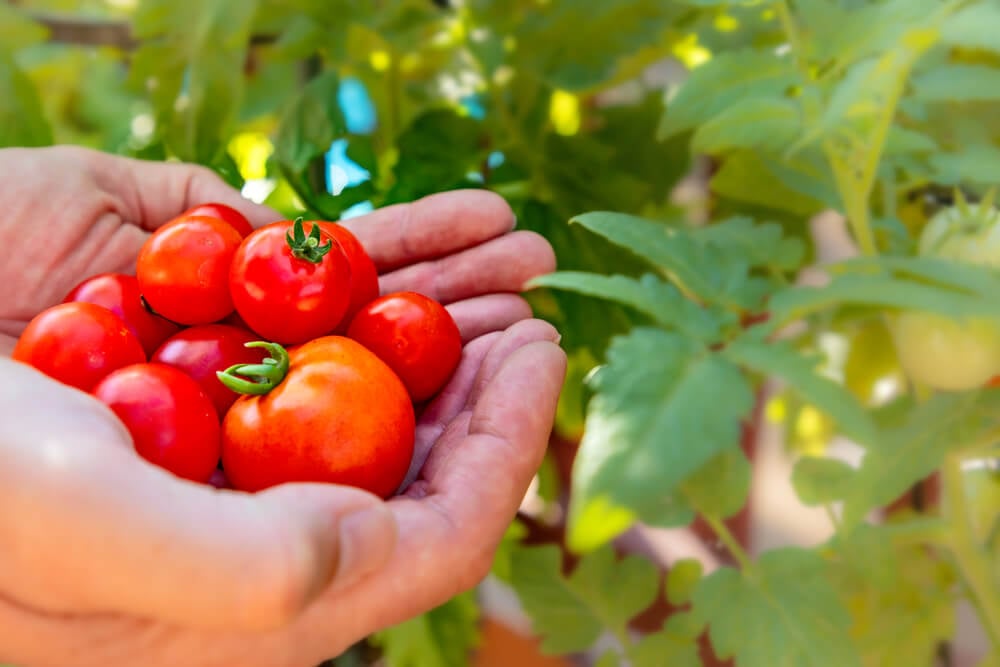
Sometimes it is hard to decide when to harvest your fruits, vegetables, herbs, and even flowers.
If you wait too long your crops may not be good, can rot, and can even spread the disease to other plants.
How to Avoid this Problem
The easiest way to avoid this problem is to harvest your crops early.
By harvesting your crops early then you can let you fruit, vegetable, herb, and flower continue to mature without rotting or attracting pests.
10. Planting too much
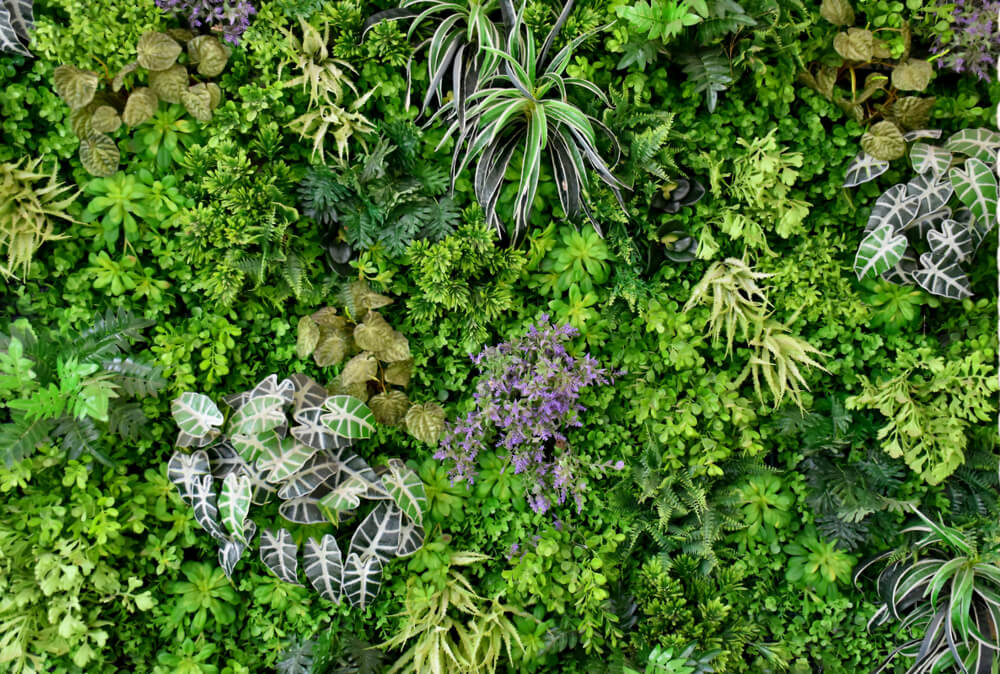
Another one of the most common mistakes gardeners make is something that happens every year.
Most gardeners plant too many plants in their garden.
Planting too many plants in a garden can cause crowding and:
- prevents your plants from getting nutrients
- invasive species
- death
How to Avoid This Problem
Stick with the plan and instructions for spacing your plant.
If it says to space tomato plants 4 feet apart then do just that.
11. Ignoring Spacing
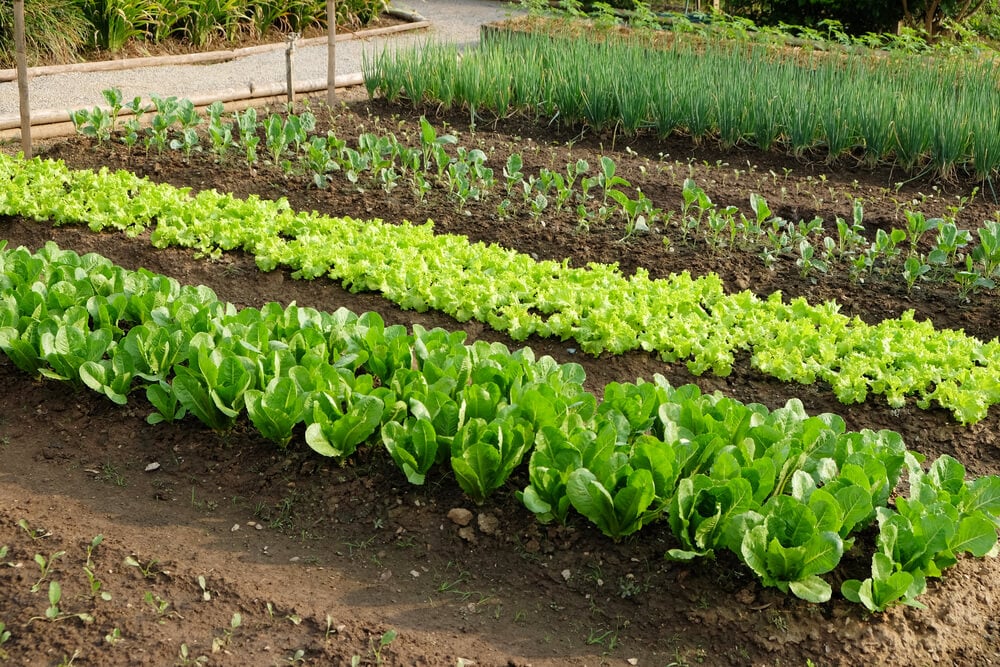
Most gardeners ignore spacing when it comes to planting.
This can cause overcrowding, lack of nutrients, and invasive plants like mint taking over.
How to Avoid This Problem
Is it important to stick with instructions when it comes to spacing and planting.
If you want to eliminate the need for spacing then plant your vegetables, herbs, flowers, and even fruit in containers and pots.
- Related: Easy Vegetables to Grow in Pots
12. Not using Fencing
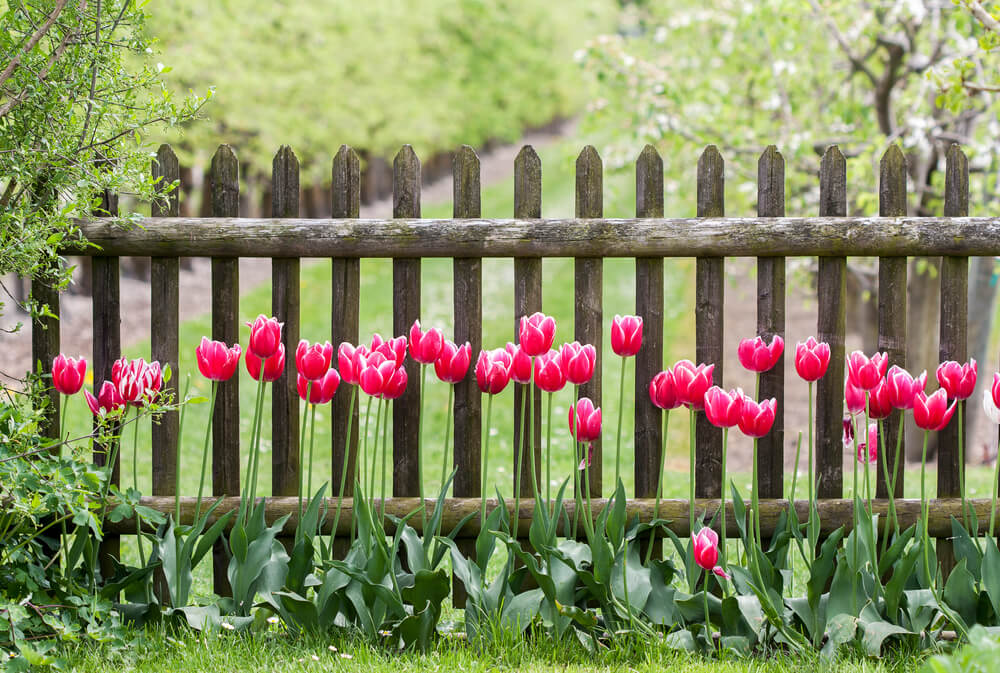
Another one of the most common mistakes gardeners make is not using fencing around their plants.
If you do not use a fence expect to have pests and other animals come in and potentially destroy your garden.
How to Avoid This Problem
The best way to protect your garden against unwanted pests and other animals is to build or buy a fence.
Fences will not only protect your garden but will make your yard and garden more beautiful.
13. Not using Pollinators
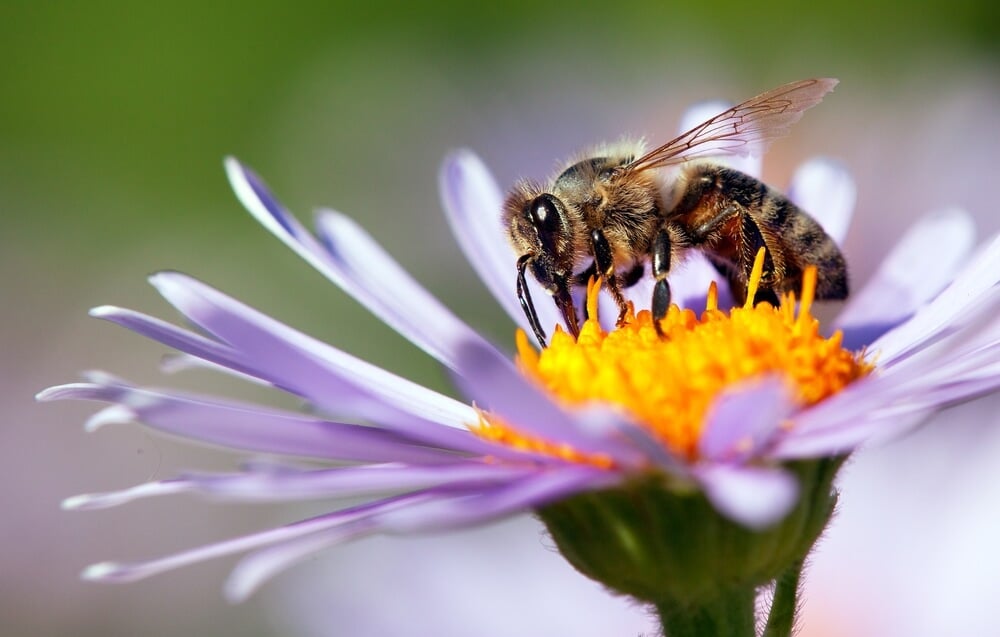
Another common and easy mistake most gardeners make is not using pollinators to help grow bigger, better, and more plants.
This happens because it can be hard, time-consuming, and sometimes inconsistent to attract bees, hummingbirds, and butterflies.
How to Avoid This Problem
Attracting pollinators does not have to be hard.
Simply grow plants that attract them. It is as easy as that!
14. Not Checking Your Hardiness Zone
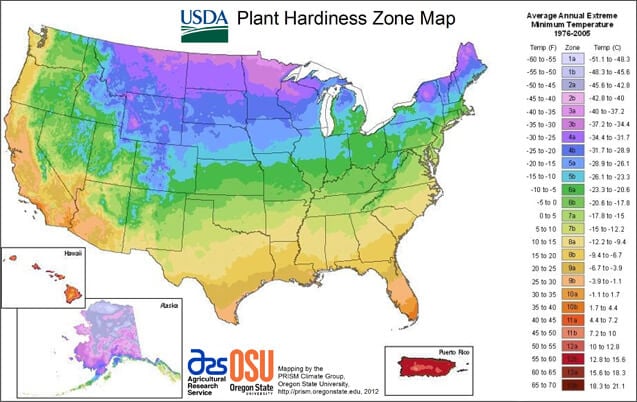
Another one of the most common gardening mistakes beginner gardeners make is not checking their plant’s hardiness zone.
This can lead to your plant not growing properly, being more likely to contract a disease, get attacked by pests, and sometimes even die.
How to Avoid This Problem
This is the simplest tip on the list.
All you need to do is look up the plant you would like to grow, it’s hardiness zone, and your hardiness zone.
If the plant falls within the hardiness zone of where you live then you are all set. If it does not, you can still grow it, but may not have as much success.
15. Not Checking Soil pH
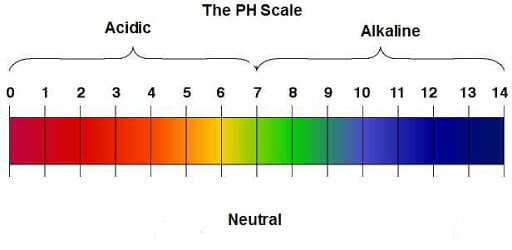
Just like not checking hardiness zone can cause plant problems, the same happens with not checking your soil ph level.
This can again lead to pest and insect problems, fruit not developing, and even your plants dying.
How to Avoid This Problem
The easiest way to determine if your plant can grow in your garden is to check the soil’s ph with a ph meter.
If the plant falls within the ph soil range then you are all set. If it does not, you can still grow it, but may not have as much success.
16. Planting too shallow or too deep
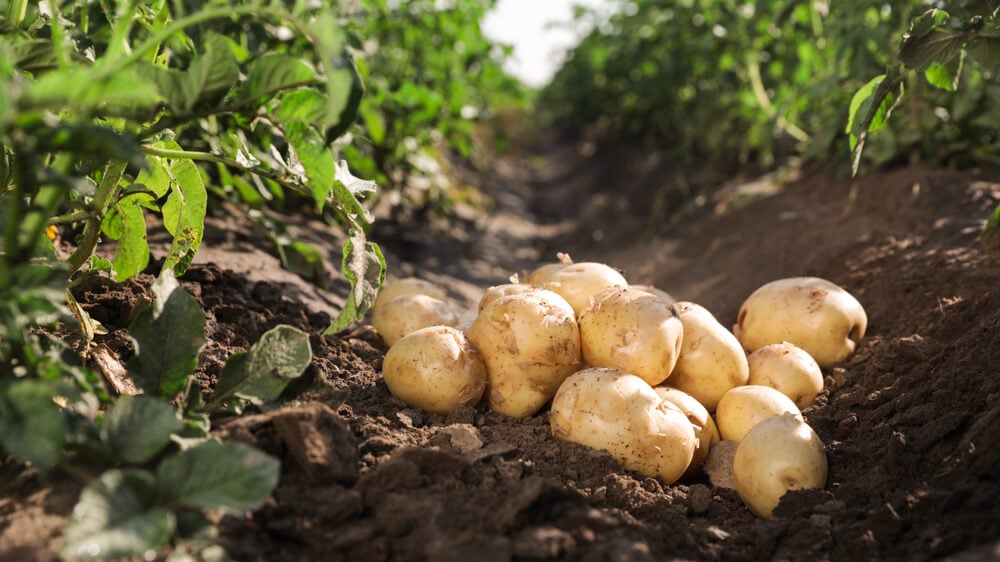
You can have the best weather conditions, perfect soil, and no pests and yet still have a poor garden.
This usually happens when you grow your plant too deep and your seed, bulbs, or plants can’t grow fast enough.
This also happens when you grow your plants too shallow and the wind, rain, and pests destroy your garden.
How to Avoid This Problem
Don’t rush gardening.
Do your research and plant your seeds, bulbs, or plants at the exact depth as stated.
17. Not using Mulch
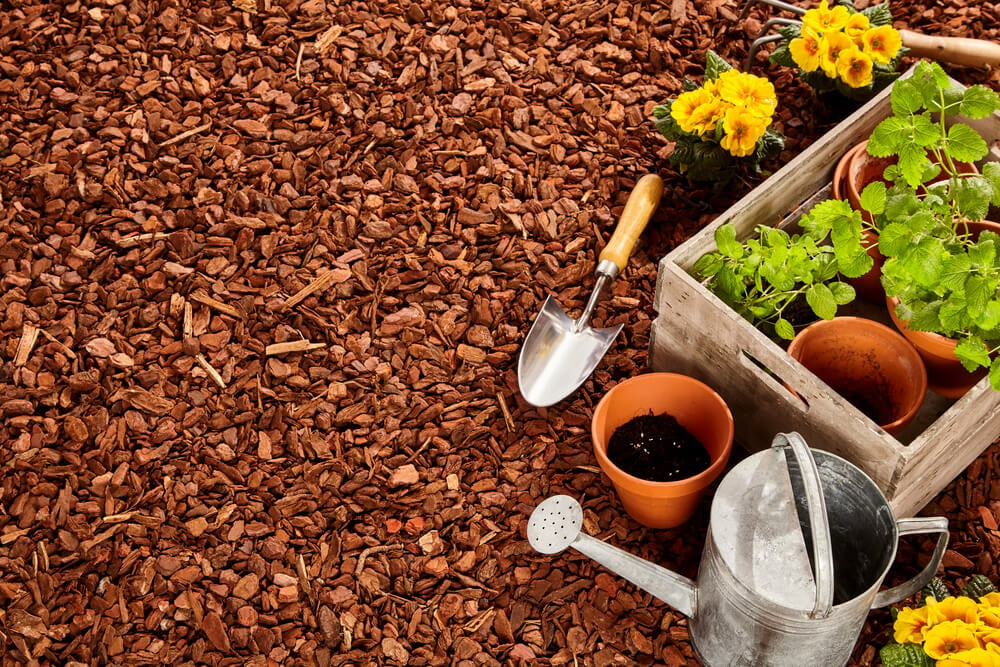
If you notice too many weeds in your yard, droopy plants, or even plants dying from the cold it may because you don’t use mulch.
One of the most common mistakes that happen for farmers, homesteaders, and gardeners is never using mulch or never replacing it.
How to Avoid This Problem
To avoid this problem all you need to do is apply a 3-6 inch layer of mulch around the base of your plants.
And then every year you should replace or add to your existing mulch.
It should be noted that black mulch really looks brown and brown mulch will look very faded and dull.
- Related: Best Garden Mulch
18. Not Controlling Pests
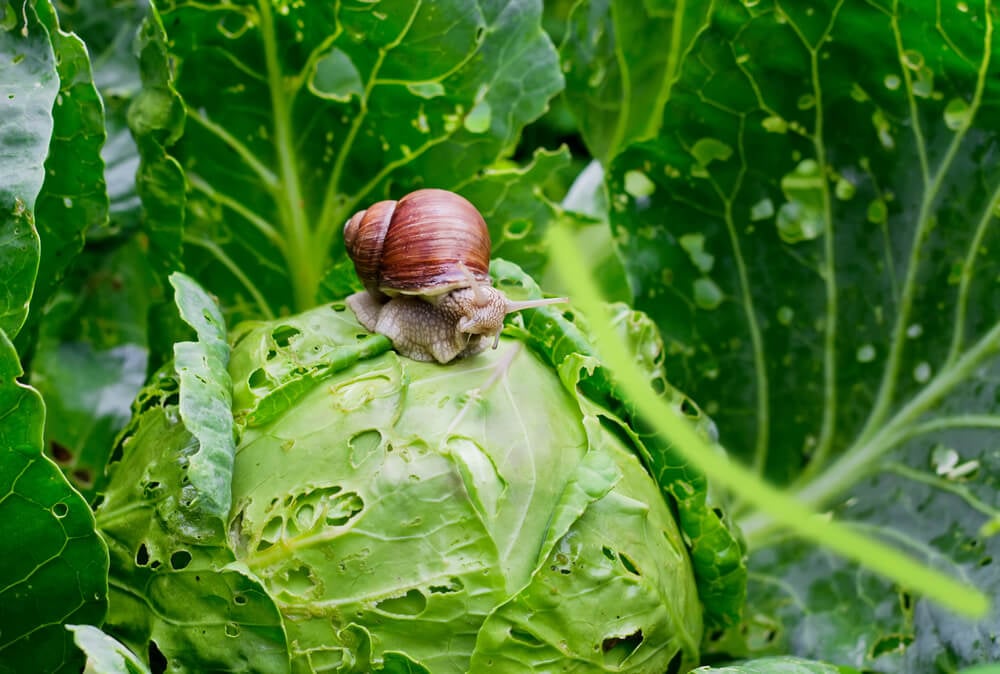
One of the quickest ways to have a poor or dying garden is to let pests and insects take over.
Too often advanced and beginner gardeners decide not to control or prevent insects.
The main reason for this is because they just don’t know how to control pests.
How to Avoid This Problem
The easiest way to control pests is to prevent them before it happens.
But if it is too late then you can use insecticides to control and kill harmful insects.
- Related: Best Garden Insecticides
19. Planting the Wrong Plants
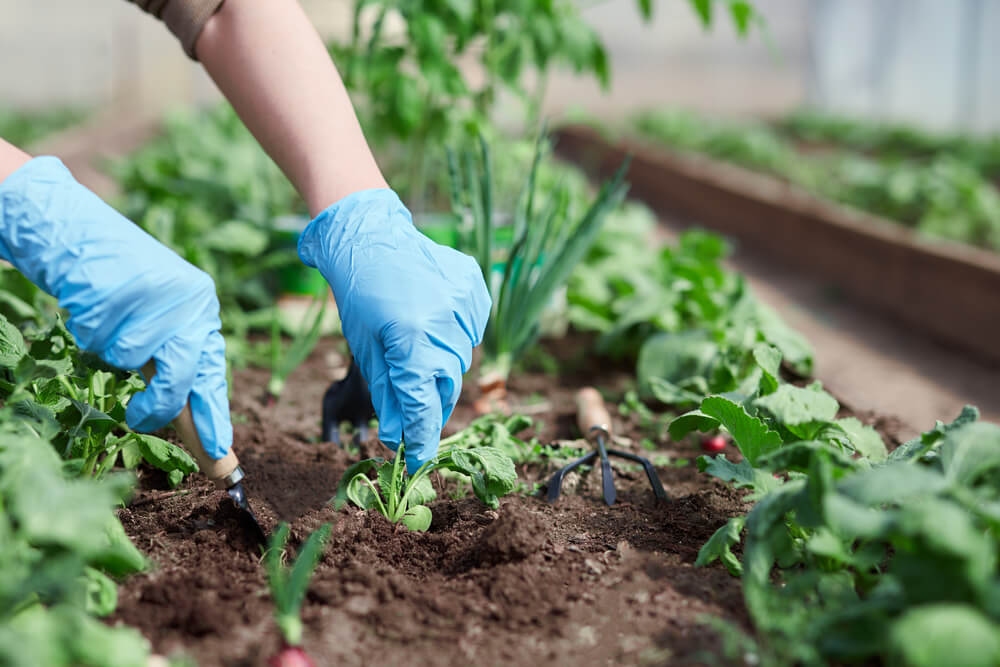
Although less common, sometimes gardeners grow the wrong plants.
This commonly happens when you don’t know your hardiness zone, soil ph, or if you grow plants that don’t complement your other plants.
How to Avoid This Problem
Follow my “How-To” Guides to help you properly pick, grow, and care for the appropriate plants for your garden.
20. Creating too large of a Garden
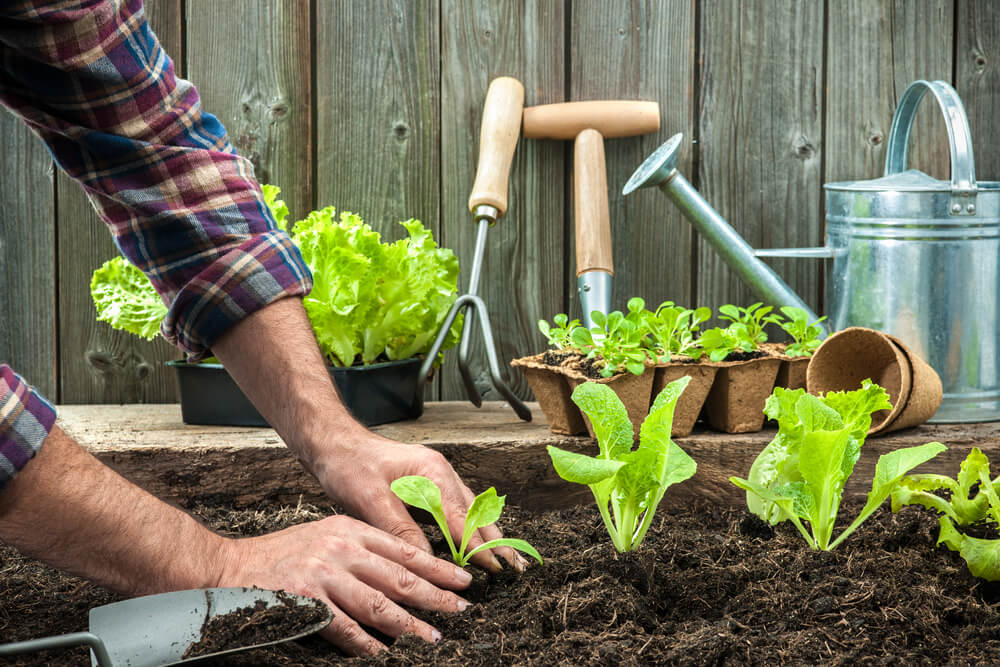
Another one of the most common gardening mistakes make is creating too large a garden.
This happens when your eyes are bigger than your stomach.
Not only does this waste space, but it can deplete your soil of valuable nutrients.
How to Avoid This Problem
Simply, plan on what you would like to grow before you begin gardening.
And if you have too large a garden you can always reduce the size of next year.
And worse case you can always give your crops away to neighbors, friends, and family.
21. Not Rotating Crops
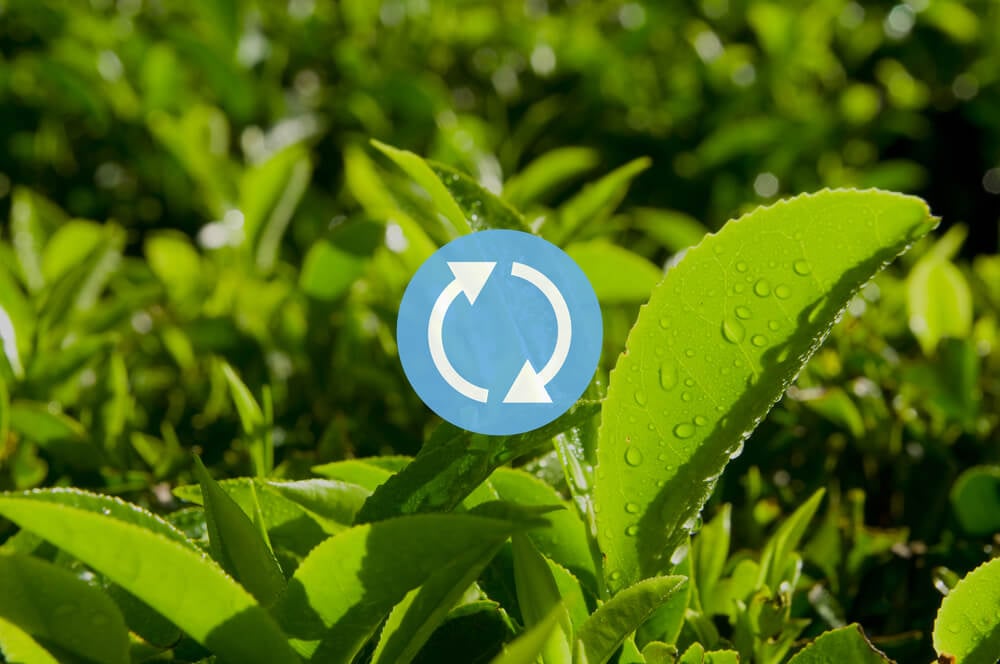
Some mistakes you make without even knowing it.
One of these mistakes is not rotating your crops.
By not rotating your crops you deplete your soil of valuable nutrients causing plants to not grow as well and bear less crop.
How to Avoid This Problem
All you need to do to avoid this problem is to rotate your crops yearly.
Simply move your crops to a different row or column every year to help replenish the nutrients in your soil.
22. Not using Native Species
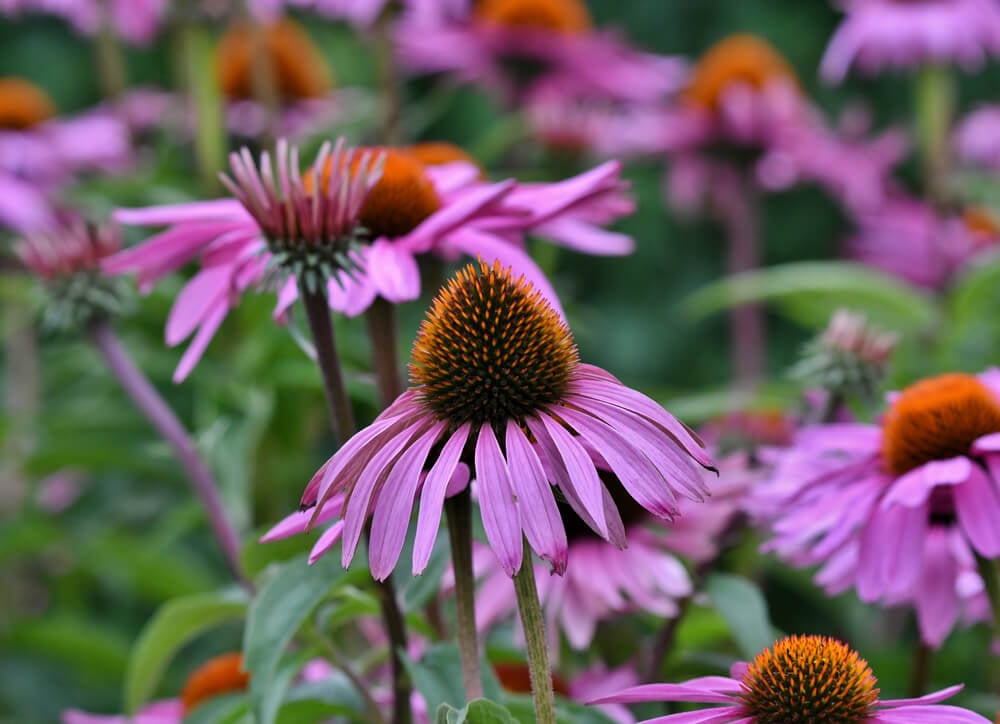
If you struggle growing plants in your garden it may from growing non-native species to your hardiness zone or even growing invasive plants.
This will lead to your plants not growing fully and potentially affecting other plants in your garden.
How to Avoid This Problem
You should always check with your local garden center, gardening expert, or thegardeningdad.com to verify that you are growing native plants in your garden.
23. Having No Garden Design
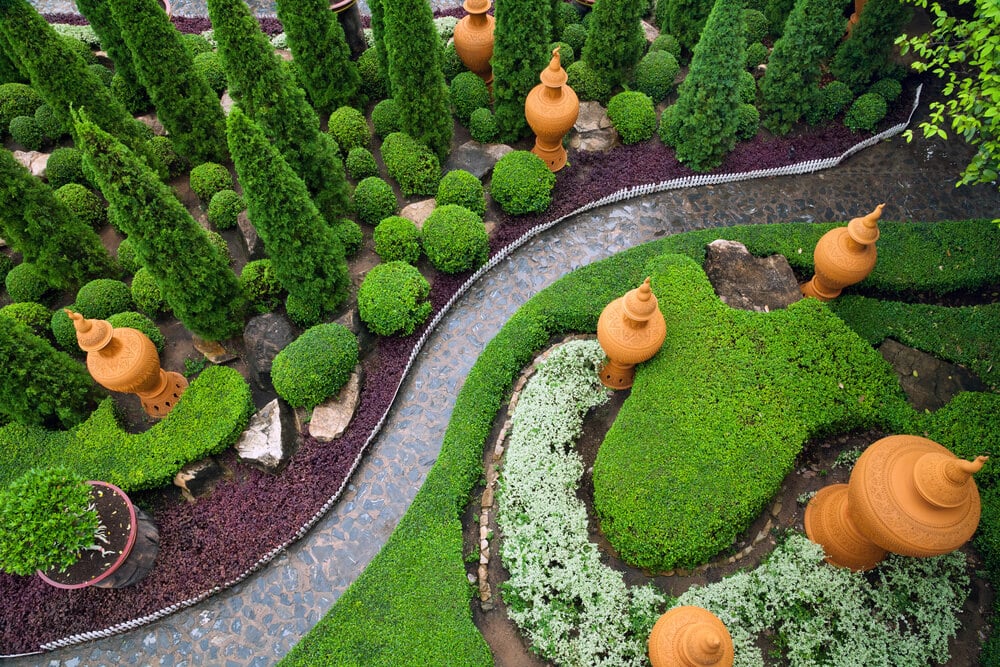
While this mistake won’t affect your plants, not having a garden design could potentially affect the amount of plants you can use.
It can also affect how much land you use and efficiency of your garden.
How to Avoid This Problem
Before you plant your garden you should sketch out your land, where your garden should be, and where your plants should be.
24. Forgetting Plant Labels
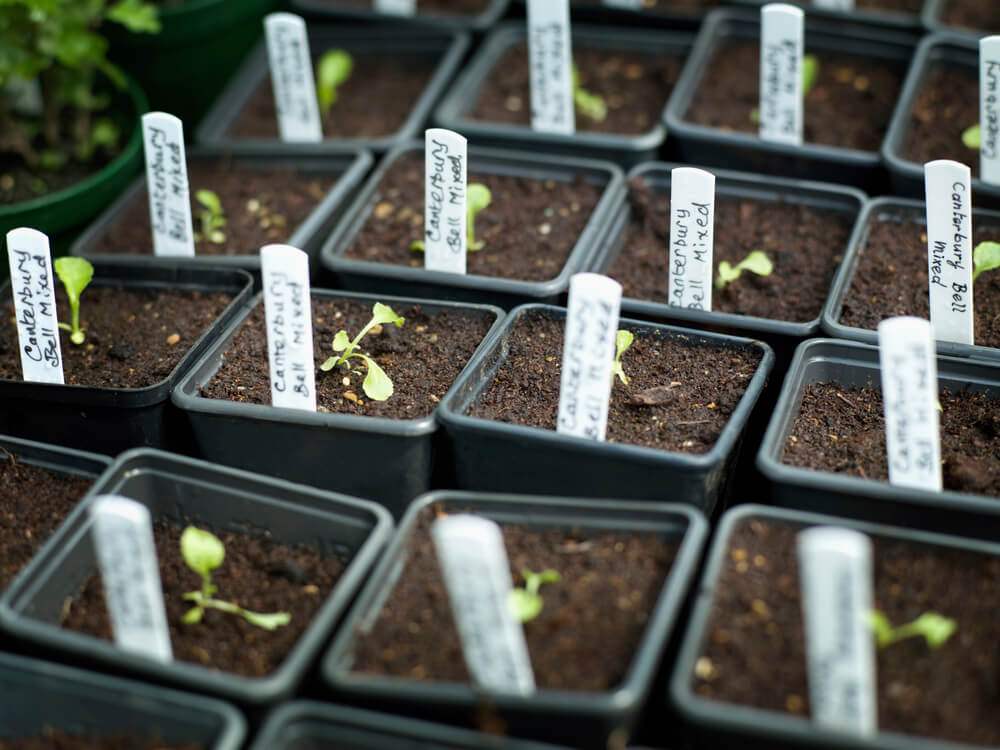
Have you ever starting growing plants from seed or bulbs and then forget what it was a few weeks later?
This happens when you forget to label your seeds, bulbs, and plants.
How to Avoid this Problem
All you need to do to avoid forgetting what you planted is to use Plant Labels.
25. Not Pruning
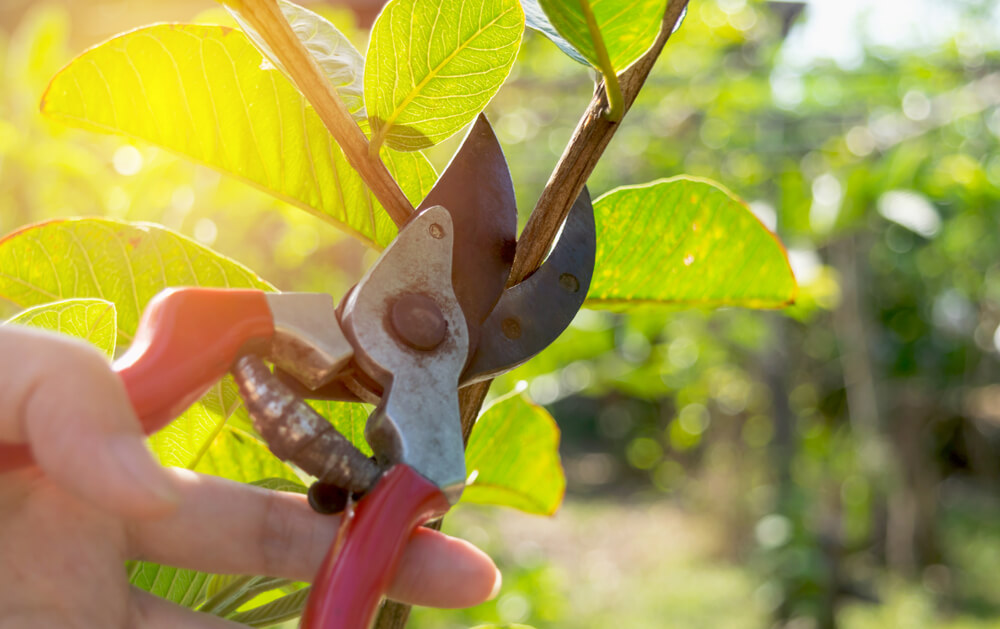
Do you struggle with your fruit trees bearing fruits, vegetables, and flower blooms?
Are you not getting enough crops as you would like?
It may be because you are not pruning your plants
How to Avoid This Problem
If you want the best plant to grow, best crops, and more crops then you need to prune!
- Related: Best Pruning Shears
Conclusion
After reading this article you should now have a better idea of what the most common mistakes gardeners make.
Not only this, but you should also have a much better idea of how to avoid these problems.
This will help you have a better and more productive garden for years to come.
And if you like this article I recommend reading 101 Gardening Tips that ACTUALLY Work

